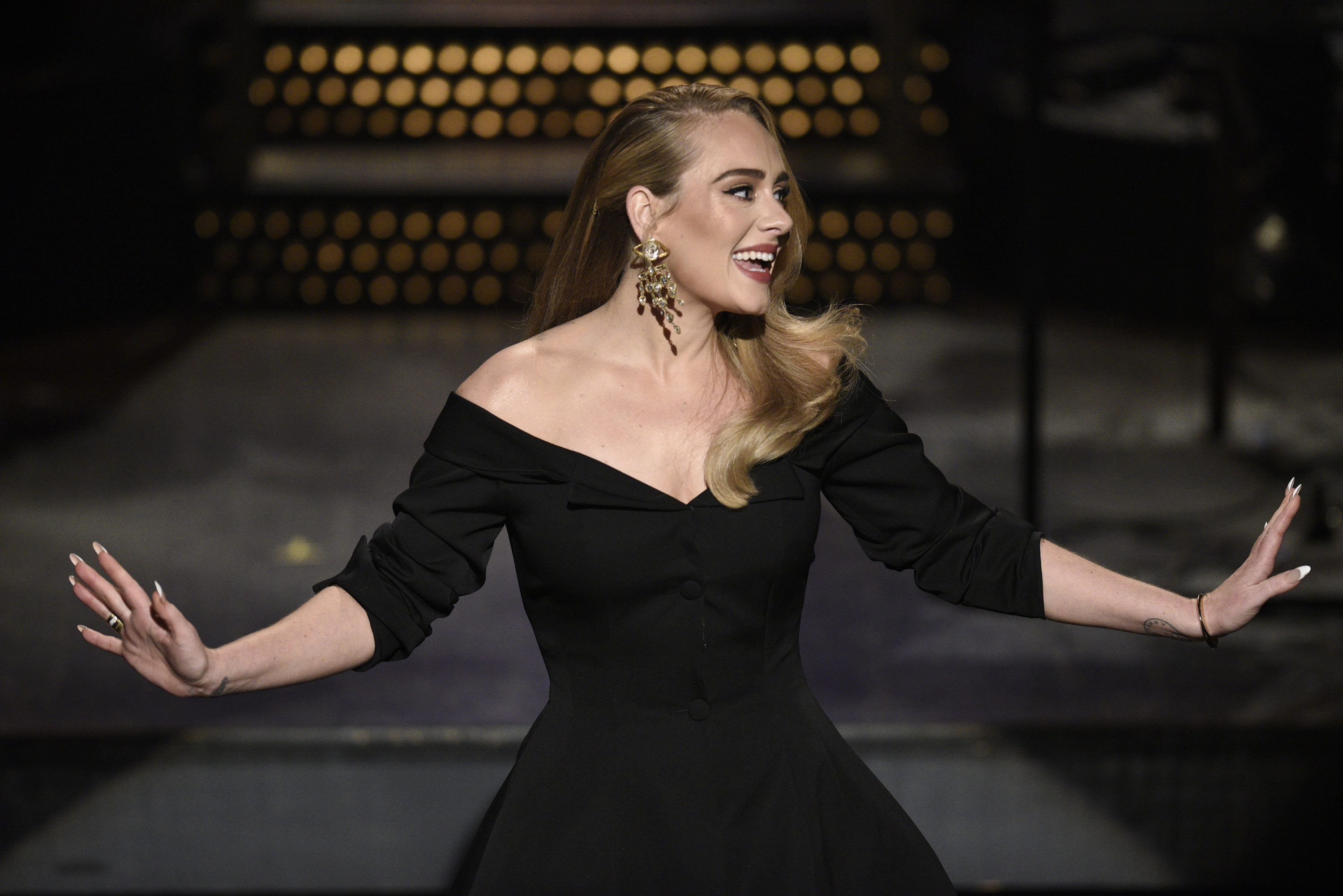News feed

When the world was first introduced to Adele Adkins on the release of her debut album 19 in 2008, it was apparent there were many layers to the little-known teenager. Armed with unmatched vocals and a commanding stage presence, backstage, the singer ironically appeared quirky, carefree and not at all similar to the emotionally-driven woman we heard in her lyrics and music.
The same could be said for Adele 13 years later, and on the eve of her fourth studio album, 30. But after a six-year hiatus from music, the 33-year-old is far more mature in her experience with love and devastating loss – and said maturity is unmistakable in her next body of work.
In my journalistic naivety, I entered a media preview of 30 this week with the intention of unpacking all the unspoken truths of the singer’s divorce to entrepreneur Simon Konecki. And furthermore, her new-found love with NBA agent Rich Paul. I soon realised that just one playback could not do the 12-track album justice (nor could 850 words) and that every time I listen to a song, I will discover a new unheard detail. That is the most exciting aspect of this new album: You need to listen to 30 twice, to hear it once.
30 opens with a painfully fitting tribute to her estranged husband with the track, “Strangers By Nature”. It is the piano-fuelled vintage Adele ballad we’ve become accustomed to, with a hint of old Hollywood sound (think a modern iteration of Audrey Hepburn’s “Moon River”) as if the singer is unveiling the opening credits to the rest of the album – or perhaps, her life.
“I’ll be taking flowers to the cemetery of my heart / Every anniversary I’ll pay respect and say I’m sorry,” Adele sings.
The album continues with the familiar single, “Easy On Me”, which serves as a light-hearted prelude to the heart-wrenching ballad, “My Little Love”. Amid the backing of a soulful choir are snippets of conversations Adele has with herself on the recommendation of a therapist (according to this recent interview). It is during this track we hear the real-life Adele. “I’m anxious…paranoid…hungover”, she says as her voice breaks and seemingly fights back tears. Elsewhere you can hear conversations with her son: “I love your dad because he gave me to you.”
This is not just a run-of-the-mill breakup album. Rarely do you find something quite as raw and authentic as this. Just ten minutes in, I wanted to ugly-cry.
The next three tracks –”Cry Your Heart Out”, “Oh My God” and “Can I Get It” – sees Adele enter a more upbeat territory. The kind of songs you dance to by yourself, in your underwear and with a glass of wine close by. In each track, we ride a rollercoaster of inner turmoil with the artist and while it is easy to feel removed from celebrity drama, here it feels so incredibly relatable. The stage of a breakup where you’re mad, confused, regretful. Is she singing about Simon? No, Rich? A rebound?
At the halfway point of 30, viewers are given a breath, a pause, a stillness in the form of the fitting ballad, “I Drink Wine”. It almost feels as if Adele allows herself that own break. This track straddles the line of being helpless and hopeful: “Why am I obsessing about things I can’t control? / Why am I seeking approval from people I don’t know?”.
“All Night Parking (With Errol Garner)” serves as the album interlude.
Track nine feels like Adele’s most confident self. “Woman Like Me” is slow and controlled, but poignant in its delivery as if she speaking directly to her former husband. “Consistency is the gift to give for free and it is key / To ever keep a woman like me.”
Similarly the next song feels likes a love letter to herself. “Hold on / You are still strong / Love will soon come / Just hold,” Adele seemingly tells herself. At first, the tempo is slow and quiet. At the repeat of every line and every chorus however, a growing choir erupts into the soundscape – as if the singer just begins to believe in her own lyrics.
In a conversation with Oprah on the CBS special One Night Only, Adele discussed the moment she realised her marriage was over. The 33-year-old was having a candid conversation with friends when she admitted that she was “unhappy”. “To Be Loved” feels like that heartbreaking moment immortalised into six minutes of music.
“To be loved and love at the highest count / Means to lose all the things I can’t live without.” In one fleeting second, her voice cracks as she repeats the lines – ever so slightly. The full capabilities of Adele’s voice shine in this track.
The final song “Love Is A Game”, could be considered the apt summary of 30. Like the opening track, it possesses an old Hollywood style and comparatively feels like the closing credits of her latest and most viscerally-charged chapter yet.
There really is no way to unpack every layer and emotion from Adele’s fourth studio album. “My heart speaks in puzzle and code,” she says. But we’re excited to try.









